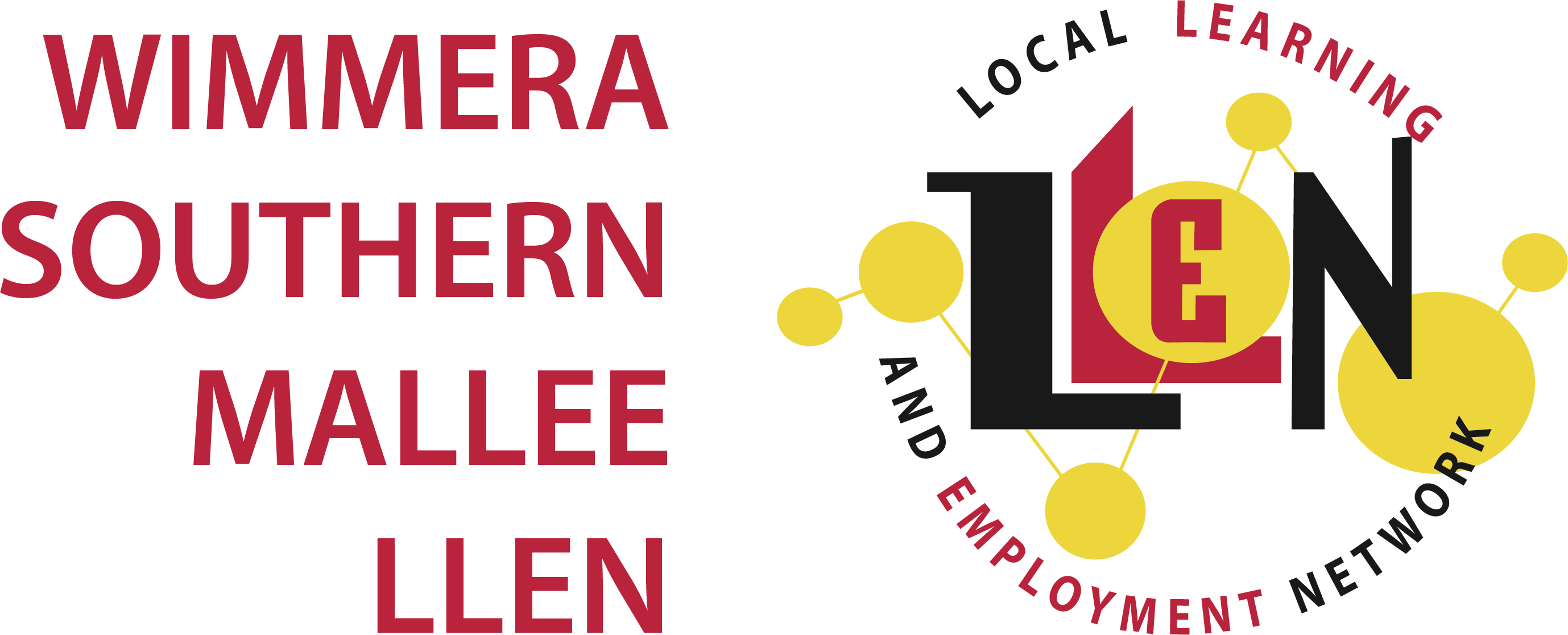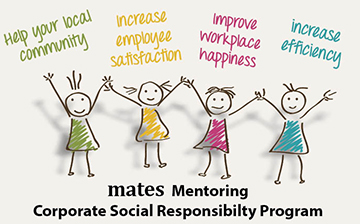Impact of Mates Mentoring
‘MATES has the potential to shift the long term trajectory of these young people’s lives.
The outcomes of the program have proven to be profound for all parities involved. Schools report that for students that have participated, there have been evident behaviour improvements; increased connection with schools; stabilised relationships and enhanced life skills amongst may other benefits.’
These were the findings of in independent review of the Mates Mentoring program conducted in 2016.
MATES has been designed as a model which is easy and effective for all schools to implement and this is reflected by the high rate of program uptake. There is no cost to schools to run the program.
The program connects vulnerable young people (mentees) with positive role models (mentors) and aims to increase the engagement of young people within their school and local community
While is too early to assess the full extent of the impact that the MATES Mentoring program will have on the long term life outcomes of the program participants, a Social Return on Investment (SROI) study of the Big Brothers Big Sisters program which has been running for over 30 years in Australia and which has similarities to MATES Mentoring has shown a number of important life benefits for program participants when followed up at an average of 37 years.
The study found that for every $1 invested in the program, an average of $18 was returned in the social value. For the most disadvantaged young people that participated in the program the social return value was calculated to be as high as $23 for every $1 invested in the program.
If the average social return value for the Big Brothers Big Sisters program was applied to MATES Mentoring Program, it could be estimated that the $89,100 investment made into the program between 2013 and 2015 would likely return a social value to the Wimmera Southern Mallee Community in the vicinity of $1.6 million dollars over the next twenty years.
Over the 2013 and 2015 period it is estimated that a total of 6,667 volunteer hours were invested by [MATES] Mentors in mentoring and participating in training. Assuming that one hour of each volunteer’s time is valued at the minimum casual award wage including 25% casual loading of $21.61, it can be directly calculated that the total value of volunteer time of $157,169 has been invested into the program by the Wimmera Southern Mallee Community.
In an earlier survey carried out directly by Wimmera Southern Mallee LLEN to assess the impact and benefits of the MATES Mentoring Model, the LLEN found that of the students surveyed:
- 93% agreed or strongly agreed that having a mentor increase their confidence
- 70% agreed or strongly agreed that having a mentor contributed to their improved behaviour
- 56% agreed or strongly agreed that because of their mentor they now get along better with their teachers
- 62% agreed or strongly agreed that because of their mentor, their attitude towards school is better
- 61% agreed or strongly agreed that because of their mentor they attend school more often
Based on the review and the on-going assessments and surveys, MATES is a model with proven return of investment for social impact. The Wimmera Southern Mallee Community is supporting and improving outcomes of our young people through mentoring.
To get involved and be part of the team that is having this kind of impact, contact WSMLLEN on (03) 5381 0122, email mates co-ordinator, or visit www.llen.com.au/mates.


